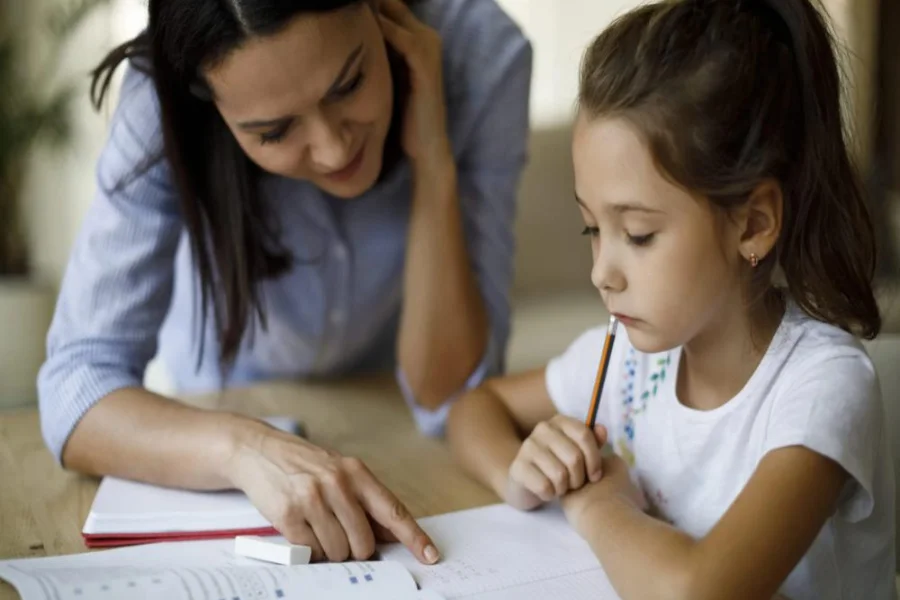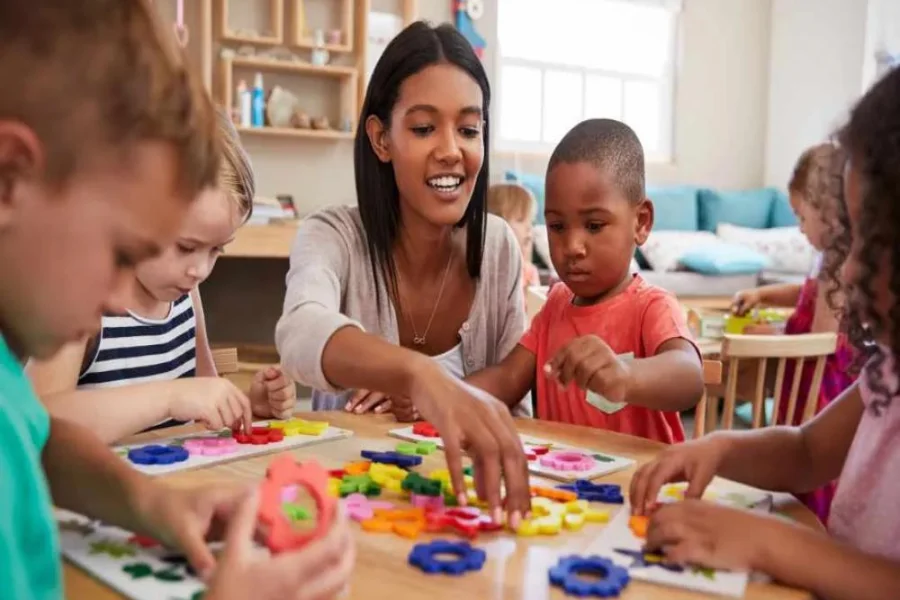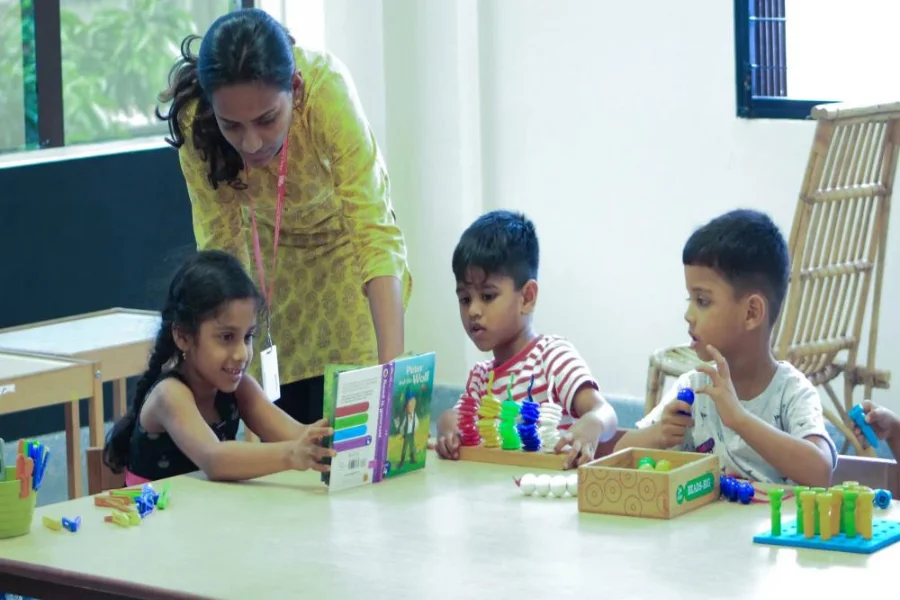Learning Disabilities and Learning Difficulties

Source: brainbalancecenters
Learning Disabilities and Learning Difficulties
Learning Disabilities Difficulties are a broad spectrum and consist of various categories, but in short and simple language they can be understood as extensive issues faced by individuals affecting their learning experiences.
For further clarity here are the short definitions of Learning Disabilities Difficulties as they are quite interrelated to each other with just a bridge of difference between them –
-
- Learning Disabilities are psychological terms referred to as inabilities of some part of the cognitive system that impact the learning process of the person also affecting auditory response and understanding capabilities, many learning disabilities can be considered lifelong conditions, and therapy guidance can be required.
- Learning Difficulties refer to a condition where an individual especially children faces intervention in learning that can include difficulties in paying attention in class, reading problems, and writing challenges, which can be treated with extra support from an adult using Individualized education programs (IEPs)
Table of Content

Source: encrypted
How are Learning Disabilities and Learning Difficulties diagnosed?
Diagnosing Learning Disabilities and Learning Difficulties incorporates various psychological evaluations, tests, and observations, nothing can be assumed without medical verification and observations done by parents and teachers.
Let us understand some of the important criteria that can be considered in diagnosing which will later lead to medical confirmation.
Early Observations and Referrals
Observations at Home and School
Early concerns about Learning Disabilities and Learning Difficulties often arise from observations by parents and teachers who notice struggles in specific learning areas.
Referrals for Evaluation
Based on these observations, a referral is made for a more formal evaluation, typically to a school psychologist or a special education team.
Psychological Assessments
To assess whether a child is going through a learning disability or learning difficulty phase, certain intensive professional assessments and observations by psychologists need to be performed before concluding.
Language assessments
A speech therapist examination is very important for children facing language inabilities like comprehension and reading articulation
Occupational tests
An occupational expert will perform certain tests to identify the disabilities that impact the fine and gross motor skills of a child.

Source: nwcstraining
Detailed Testing Procedures
Academic Skills Assessment
Specific tests measure the child’s abilities in reading, writing, arithmetic, and other academic areas, comparing them to normative age standards.
Psych educational Testing
This comprehensive assessment blends psychological analysis with educational performance to paint a full picture of a child’s learning profile.
Collaborative Analysis
Teamwork
To diagnose any disability appropriately, a joint review and observations are conducted by teachers, therapists, or psychological professionals. This teamwork leads to better evaluation and treatment processes.
Obtaining an Individualized Education Plan (IEP)
After the diagnosis of a specific disability individualized educational plans are prepared by teachers and therapists to provide better support to students and improve their conditions.
Role of Parents and Guardians
Active Participation in the Process
Parents are important to the diagnostic process, providing vital background information and supporting the application of recommended strategies at home.
Monitoring and Re-evaluation
Regular Assessment of Progress
Children diagnosed with Learning Disabilities and Learning Difficulties require ongoing evaluation to monitor their progress and adjust educational strategies as necessary.
Cooperative methods involving educators, health professionals, and families. Early and accurate diagnosis is pivotal for fulfilling effective strategies, ultimately enabling individuals with Learning Disabilities and Learning Difficulties to succeed in their educational path.
Therefore, with the help of these steps Learning Disabilities and Learning Difficulties are diagnosed.
Your next step with VES? Dial +919321024137 / +919869866277.
Don’t miss our brochure – Download Now.

Source: careerguide
How does Diploma in Learning Disabilities enhance career prospects?
A Diploma in Learning Disabilities from VIDHYANIDHI EDUCATION SOCIETY is a short-term course but offers a cavernous understanding and knowledge of different types of psychological disabilities faced by individuals and how to provide supportive IEPs or therapies for them.
Let’s review some points that enhance the career prospects:
Specialized and Unique Knowledge
The Diploma in Learning Disabilities offers some psychological studies of identifying, understanding, and managing Learning disabilities or difficulties. With the growing demand for skilled professionals in schools, therapy centers, or a medical setting, this course holds high esteem.
Growth in Career
Individuals furnished with knowledge and understanding of Learning disability can advance their careers by taking up jobs as special education teachers, working as therapists in medical institutions or NGOs, or working as LD teachers in schools.
Improved Teaching Methods
Educators with a Diploma in Learning Disabilities are better prepared to modify teaching methods to suit the varied needs of students with Learning Disabilities Difficulties. This helps teachers to be flexible with the changing nature of disabilities.
Work as Consultant
A Diploma in Learning Disabilities equips professionals with the credentials to offer consultancy services, opening doors to independent career opportunities. As many parents lack awareness about the learning problems their child is facing hence a consultant’s help can be a good option.
Connecting with other professionals in this field
This profession often leads to research opportunities and observations to be conducted with other professionals like psychologists or doctors which creates connections for future partnerships or collaborations in the field. These connections can help in professional growth and networking with other experts also enhances knowledge.
Children’s needs are easily recognized
With a Diploma in Learning Disabilities educators tend to understand and recognize the challenges and difficulties faced by LD students. This empathy and insight can transform the learning experience for these students, making it more inclusive and effective.
Contribution to Research and Development
The field of Learning Disabilities Difficulties is continuously evolving. Professionals with a Diploma in Learning Disabilities can contribute to research and development, influencing policies and practices in the education sector.
Increased Professional Credibility
Having a Diploma in Learning Disabilities adds credibility to a professional’s expertise. It demonstrates a commitment to specialized learning and a dedication to supporting individuals with Learning Disabilities Difficulties.
A diploma in Learning Disabilities enhance career prospects in many ways and also gives opportunities to create an impact on the lives of students dealing with Learning Disabilities. The empowers educators with the perfect blend of attainments in disabilities.
Understanding Learning Disabilities Difficulties is essential in today’s educational landscape. For those inspired to develop their knowledge and skills in this profession, the Diploma in Learning Disability Course provided by Vidhyanidhi Education Society presents an excellent opportunity. VIDHYANIDHI invites you to join this amazing journey for transforming lives with our Leaning Disability courses
Learning Disabilities Difficulties
Band together with VES: And become a Contributor to transforming lives!
Your next step with VES? Dial +919321024137 / +919869866277.
Don’t miss our brochure – Download Now.
FAQs
What is the diagnosis of learning disability based on?
Psychological evaluations and observations need to be conducted by a professional to diagnose learning disabilities.
What are the most common disabilities in schools?
ADHD, auditory incapabilities, dyslexia, and deficiency in socializing are some of the common disabilities seen in schools.
How to spread awareness of learning disabilities?
Spread awareness of learning disabilities through educational workshops, social media, inclusive policies, and collaboration with support groups.




